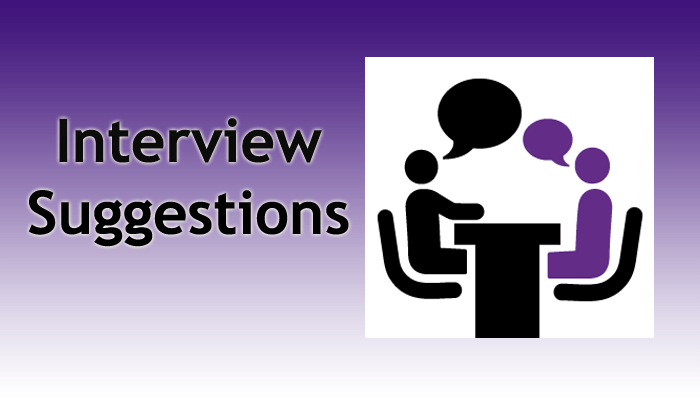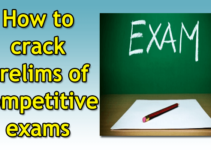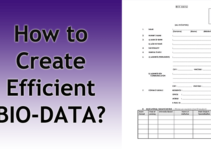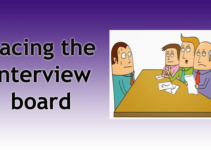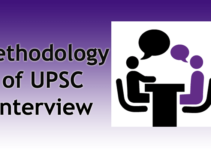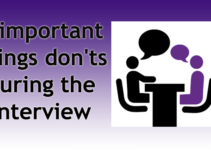Interview Suggestions
Let us now move on to a few other preliminary, but important, matters. The candidate would be well-advised to read the letter of interview carefully and ensure that all the documents and certificates that have been asked for are duly collected, photo-copies made and attested, as prescribed by the recruiting organisation. Very often, candidates are called upon to bring certificates in support of the various medals, prizes and distinctions achieved by them in the fields of sports, games and other extra-curricular activities. It is important that these are carried with you in support of your claims of proficiency, since very often the Interview Boards are cynical about your achievements and therefore look for corroborative evidence. No doubt that would also be done by probing all these areas with a view to deciding the genuineness of the statement. Yet if documentary evidence is not available, there is prima facie an adverse inference. Similarly, candidates who are already working in organisations are called upon to bring a ‘No Objection Certificate’ from their employers. Very often, candidates turn up in the interview without such a certificate, and that creates difficulties. In case you have not been able to obtain such a certificate from your employer, say so candidly. Suppression of facts is not desirable in such circumstances. Similarly, certificates in support of reserved categories, ex-servicemen, etc., should also be carried. In cases where supporting documents are not produced, candidates should think out in advance the reasons to be given, if called upon to do so, at the time of the interview.
It is also important to ensure that you reach the venue of the interview at the appointed time. For this purpose, it would be advisable to ascertain in advance the location of the venue and one should reach there a little earlier. We have known cases where candidates are absent when called for interview. This creates an adverse impression on the minds of the Board. This should be avoided as far as possible.
Very often, candidates have to wait for their turn after reaching the venue of the interview. Sometimes the waiting period could be even a couple of hours. It is quite understandable and natural that the candidate would be in an anxious frame of mind. Yet it is important that one should take steps to ensure that one is relaxed to the maximum extent. Being apprehensive about the interview during the waiting period and working oneself into a lather would not be conducive to giving the best account of oneself. On such occasions there is need to divert oneself by remaining preoccupied in some other activity. While the circumstances would differ from case to case, one can possibly carry some reading material to remain occupied or talk pleasantly to other candidates, who are similarly waiting or talk to officials of the organisation who are available. One can even attempt simple deep breathing exercise or repeat a mantra if one is used to it. It should be ensured that you are not under stress when you walk into the Interview Room.
Very often candidates have no idea about the responsibilities of the job or the nature of functions performed by the recruiting organisation. It would be advisable for candidates to take specific steps to make enquiries about the objective of the recruiting organisation, nature of the work done there and the duties and responsibilities of the post. Very often, advertisement for the post gives a brief summary of the job requirement. This should be studied in detail. Broad Guidelines There are a few guidelines which candidates would be well-advised to keep in mind. They are as under :
(1) Please open the door of the Interview Room in a quiet and unobtrusive manner. You could give a soft knock on the door before you enter. After entering, close the door softly and try to wear a pleasant smile arid enthusiastic expression. This would create a good environment in the room and would set the tone for the interview.
(2) Keep an eye-contact with the interviewers. However, do not stare at them in a manner that may be disconcerting. Look at the person to whom you are talking, but give a brief glance to other members too.
(3) Try to sit comfortably and reasonably upright. Sit in a relaxed manner, yet do not create an image of being lazy or casual. It is better to lean slightly forward rather than lean back. It communicates interest and attentiveness. You can put your arms in a comfortable position, but do not keep on shifting them.
(4) Do not chew gum or betel leave or anything else as some candidates tend to do so. In case you have to keep a tablet in your mouth for medical reasons, do so unobtrusively. In case you feel the members are watching that, mention briefly the reason why you are doing so to the Board.
(5) Listen to the questions asked attentively and give yourself a few moments to frame your reply. A common mistake is to blurt out the first thing that comes to mind and give a long and rambling answer. Reflect and tackle the crux of the matter. Do not talk too fast or too slow. All that is needed is a little awareness of what you are saying and a little care on your part.
(6) If you have not fully understood the question, do not hesitate to enquire. You could either reframe the question or say, “Beg your pardon” in a straightforward manner.
(7) As a general rule, do not interrupt the interviewer. However, if he misunderstood what you said, you should not hesitate to intervene. You could, in a respectful manner, restate what you meant.
(8) In controversial matters, you ought to be very much guarded. While expressing your views, you could state the considerations that have weighed with you in this regard. Do not, however, be too assertive or too dogmatic. State your views in a modest manner, leaving room for a possibility for other points of view which might prove even your being mistaken. Do not look for arguments but if that becomes necessary in order to defend your position, do so in an agreeable manner without actually conceding the opposite point of view.

